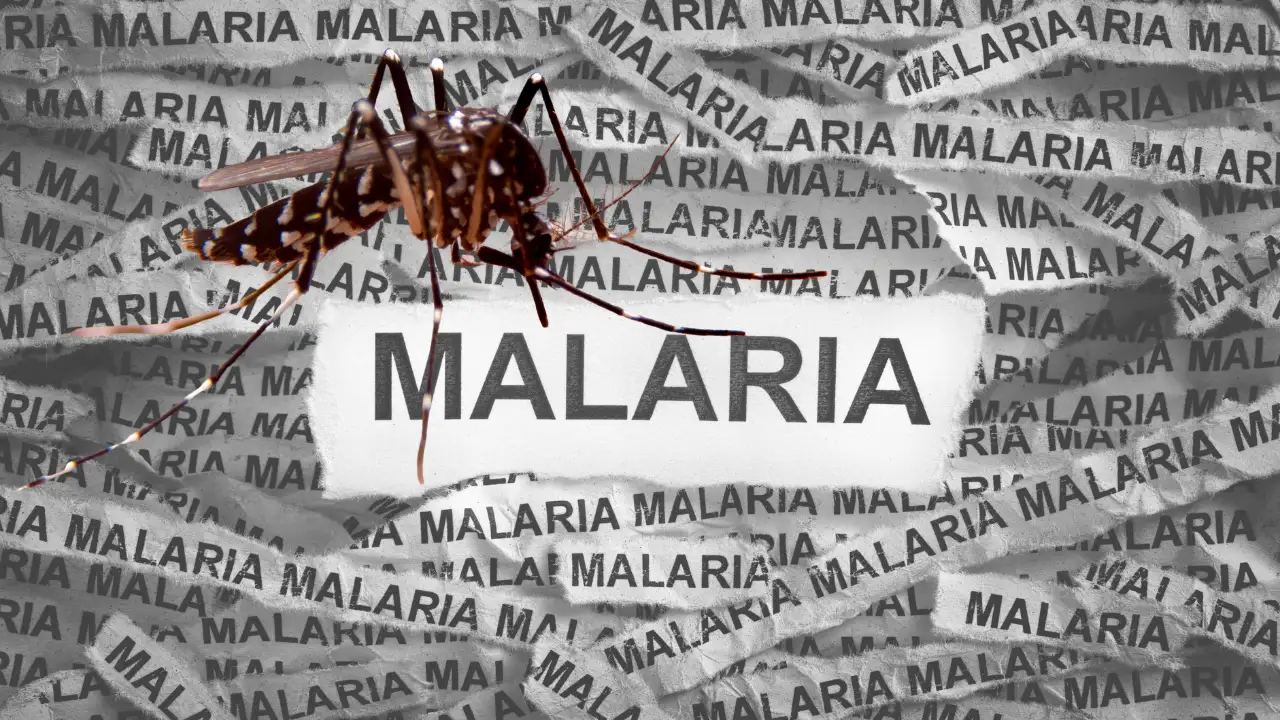Malaria remains a major public health concern in many countries of the world, including India. It is one of those notorious infections that starts with a small, itchy bump and escalates to something far more serious.
Early detection and timely treatment are critical to prevent serious complications as the disease progresses.
To understand what malaria is, how it spreads, and how to spot the signs, we turn to the experts. They share how you can protect yourself and your loved ones.
Explaining the symptoms of malaria, Dr Pranjit Bhowmik said, “The early symptoms can be nonspecific, such as fever, chills, headache, muscle aches, and weariness. These symptoms are frequently confused for other conditions, making early identification difficult."
As the infection advances, he said, additional specific symptoms may develop, which can include diarrhoea, vomiting, nausea, fever and sweating. "Malaria can lead to severe complications such as anaemia, breathing problems, and organ failure. If you suspect you have malaria, seek medical attention straight away because severe malaria can be life-threatening," he added.
Importance of Screening
It is essential to obtain an accurate diagnosis of malaria before starting treatment and to do so as early as possible. Timely diagnostic tests can guide the most appropriate course of treatment and prevent complications.
To diagnose malaria, your healthcare provider will ask about your health and recent travel history, do a physical examination, and prescribe blood tests.
According to Dr Sunita Kapoor, “Microscopic examination is by far the best way to diagnose the mosquito-borne disease. This involves looking for the presence of Plasmodium parasites, the causative agent of malaria, in a stained blood smear under a microscope."
In addition to microscopy, rapid diagnostic tests (RDTs) are frequently employed to detect malaria antigens. "As the name suggests, these tests are quick and simple to perform, making them appropriate for use in places with limited laboratory resources. For cases where microscopy is inconclusive, molecular assays, such as polymerase chain reaction (PCR), can also be employed to detect parasite DNA. Many new cell counters now detect malaria in low parasitemia cases and indicate infected RBCs on their screens," she said.
Protection is Must
Malaria being a vector-borne disease, it is important to control the spread of mosquitoes to protect yourself from the condition. It is recommended to adopt necessary measures to reduce the vulnerability to such diseases and avoid further outbreaks of infectious disease.
Stagnant water attracts mosquitoes, so make sure to inspect your home and nearby surroundings on a regular basis, especially during the rainy season, and empty any buckets, coolers, or other water-filled containers. Additionally, personal protection measures such as mosquito repellents and wearing light-coloured, long-sleeved clothing are important in the fight against disease-carrying mosquitos. Children and pregnant women need to be extra cautious when venturing outside, particularly in the evening.
Furthermore, keep your neighbourhood clean by regularly examining and getting rid of any rubbish in and around your home. Mosquitoes frequently find comfortable places to hide in trash.
In order to help communities control the disease, it is essential to improve water sanitation and storage. Additionally, you can protect yourself by installing mosquito screens on doors and windows to effectively keep mosquitoes out of your home during the late hours when they typically swarm towards houses.
Get Latest News Live on Times Now along with Breaking News and Top Headlines from Health and around the world.
